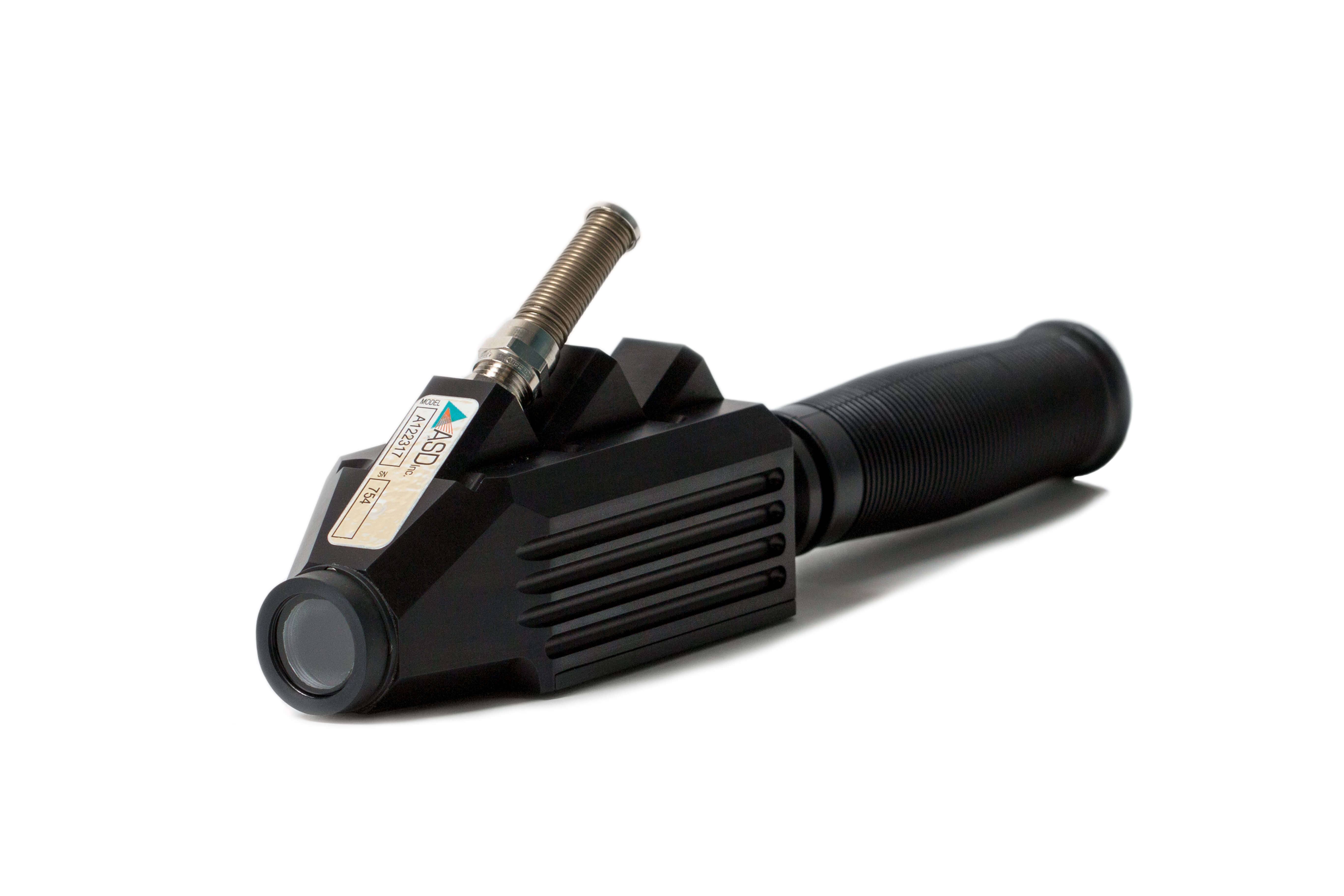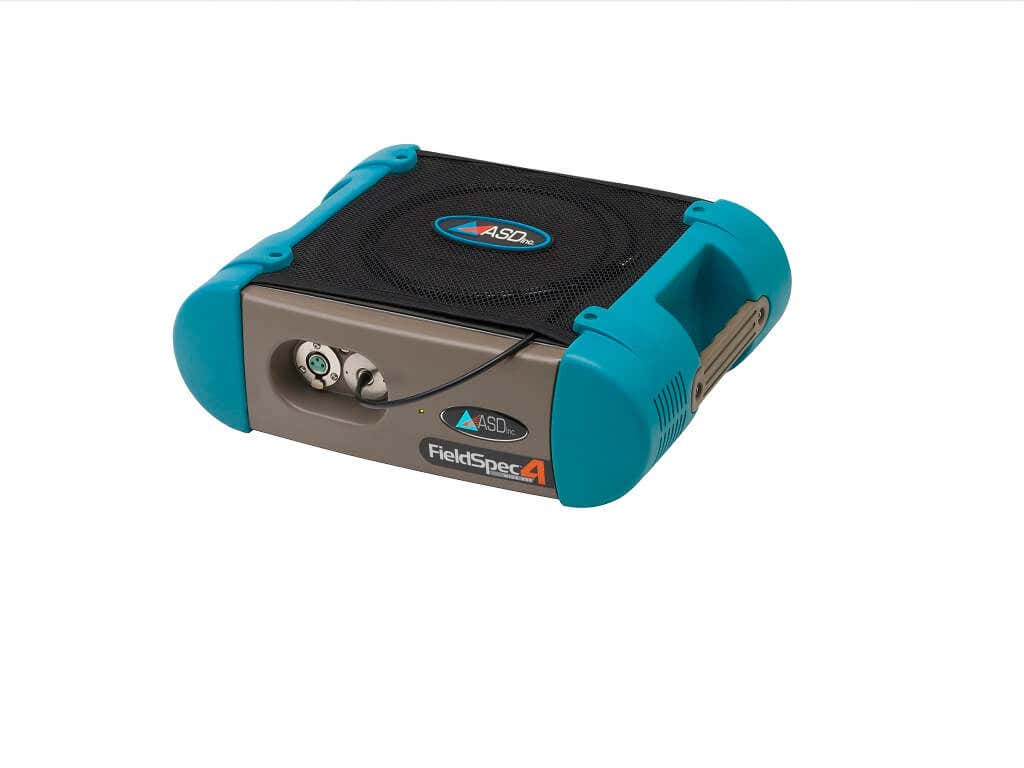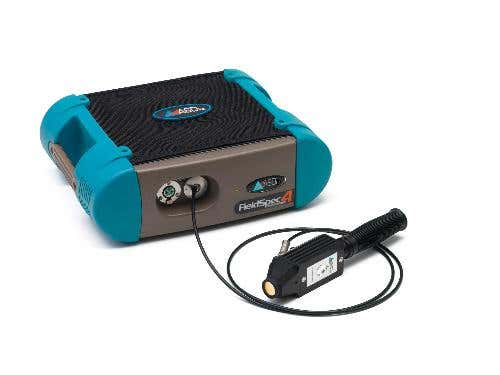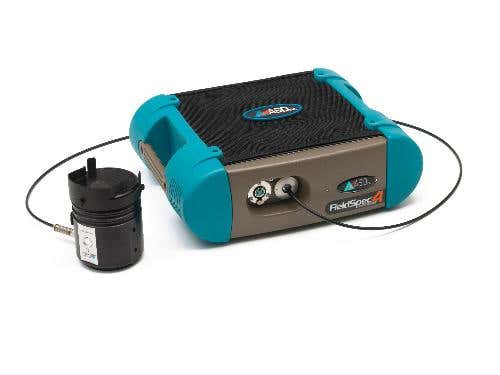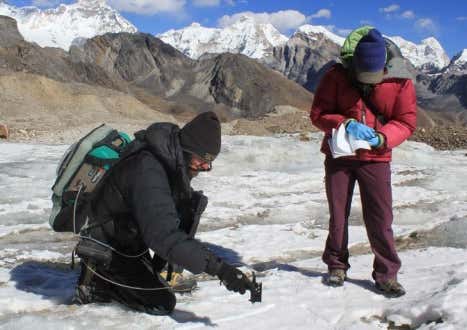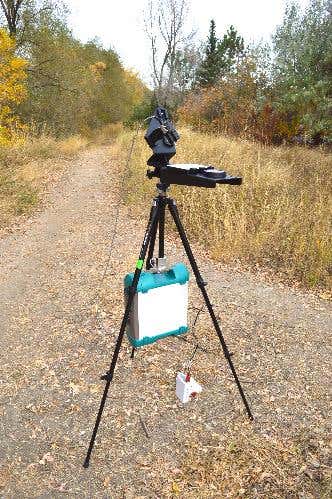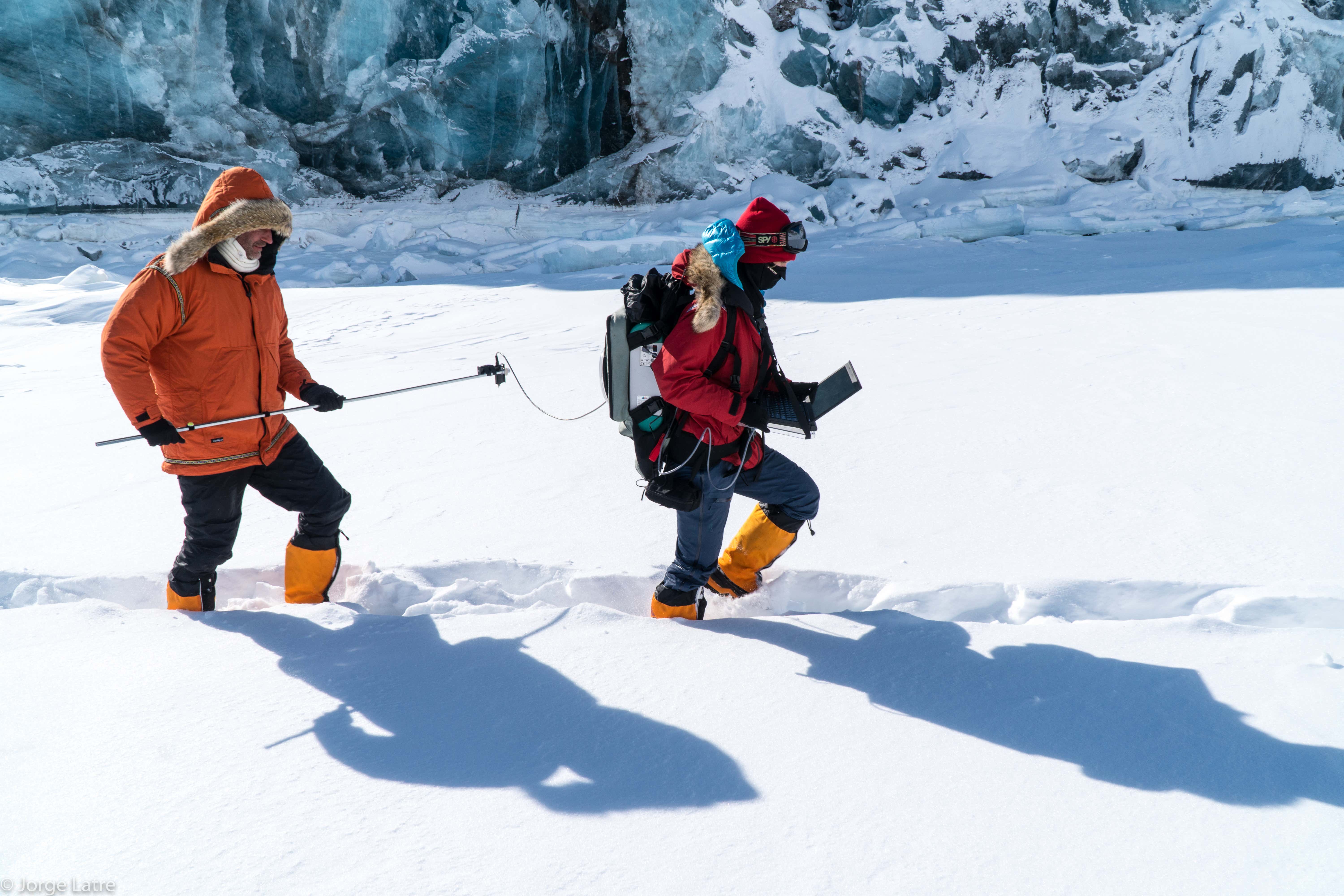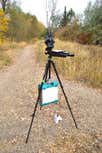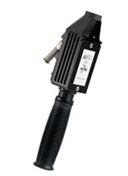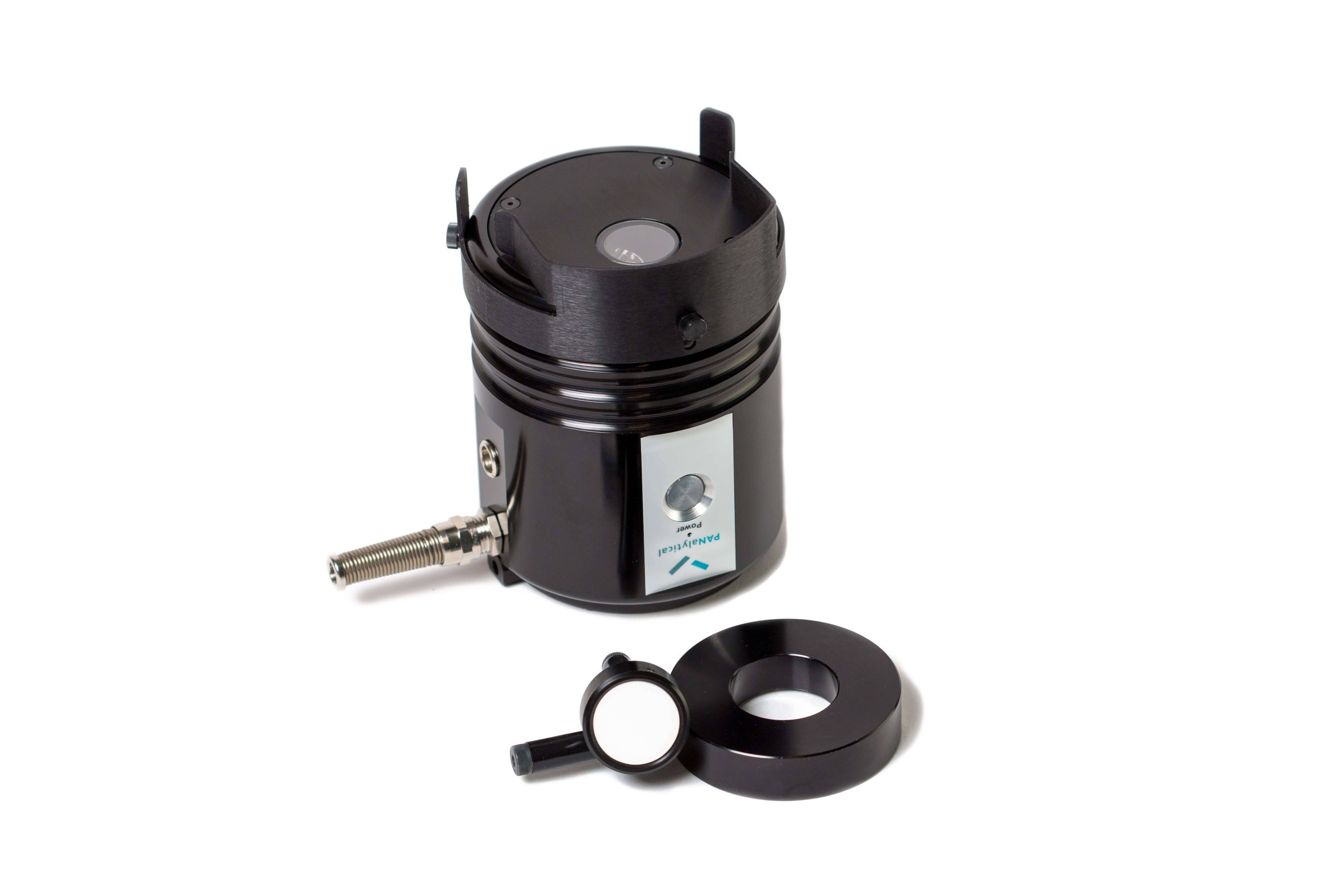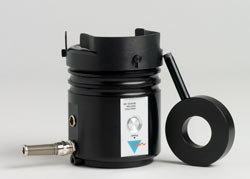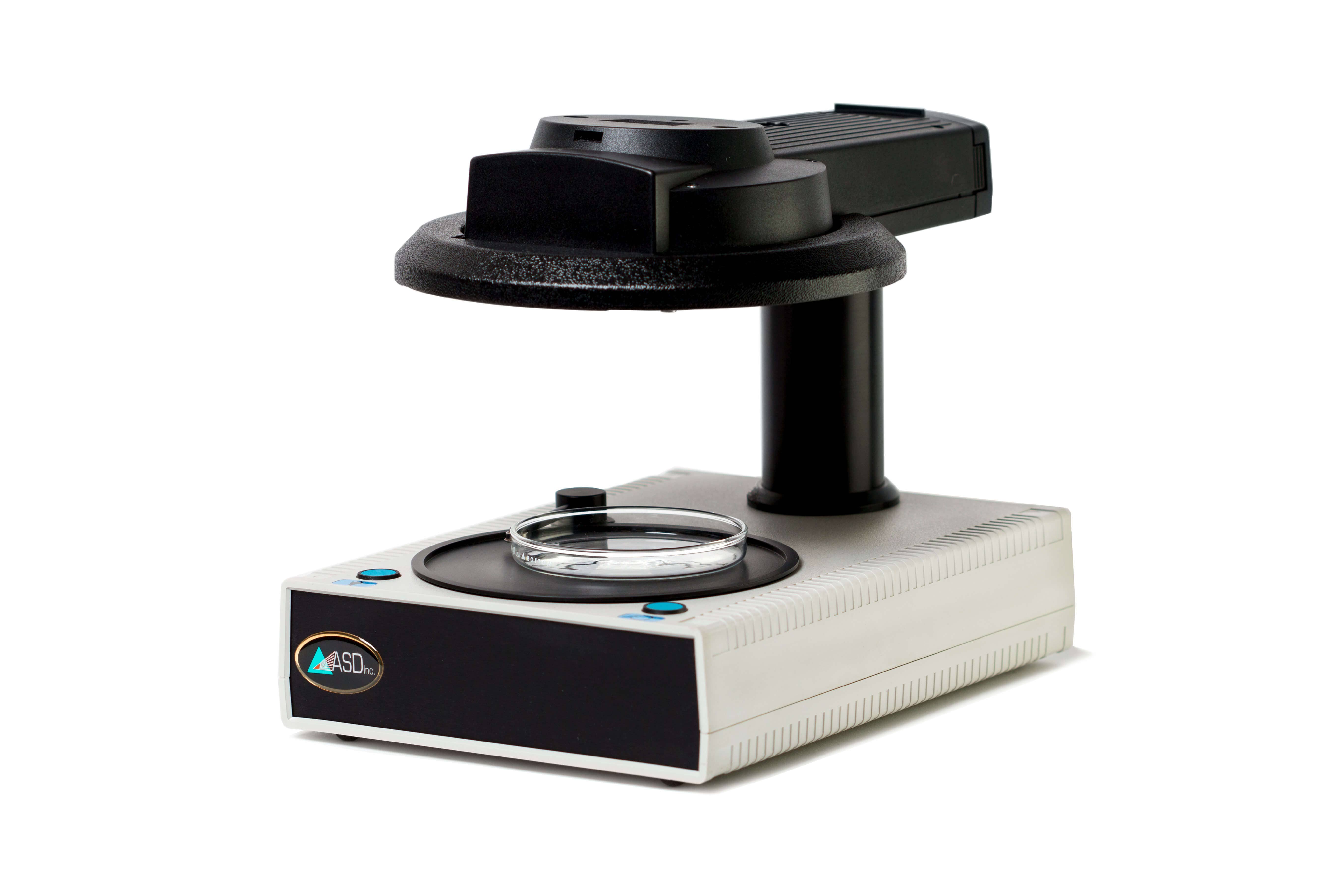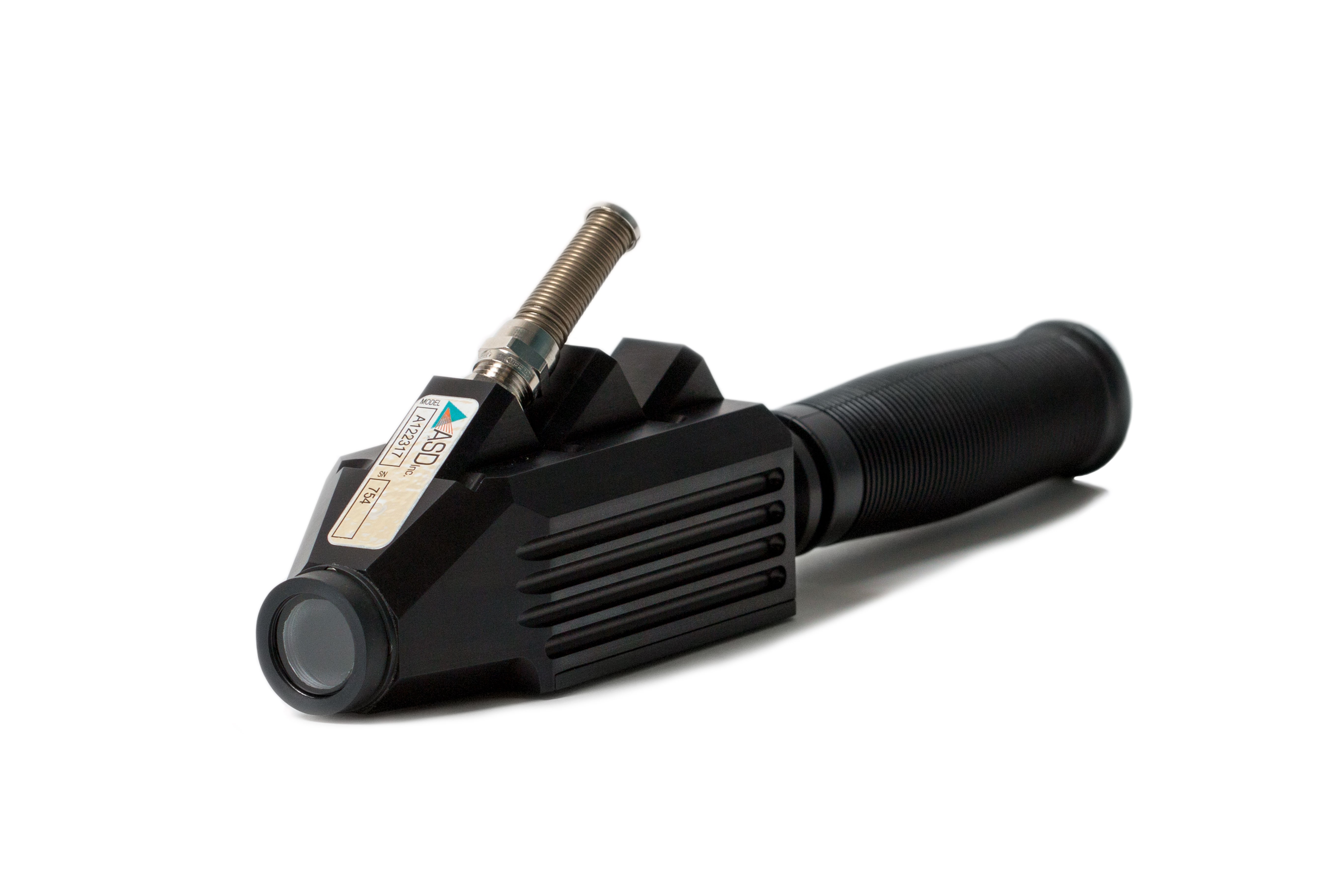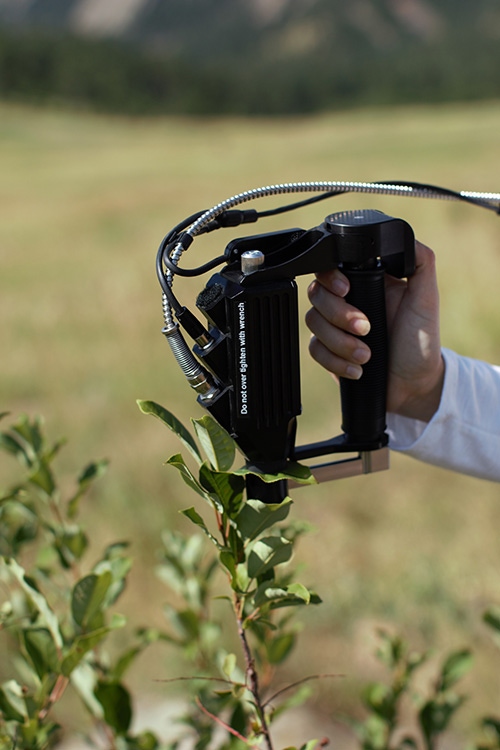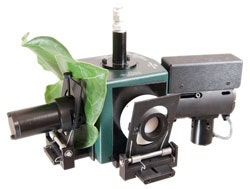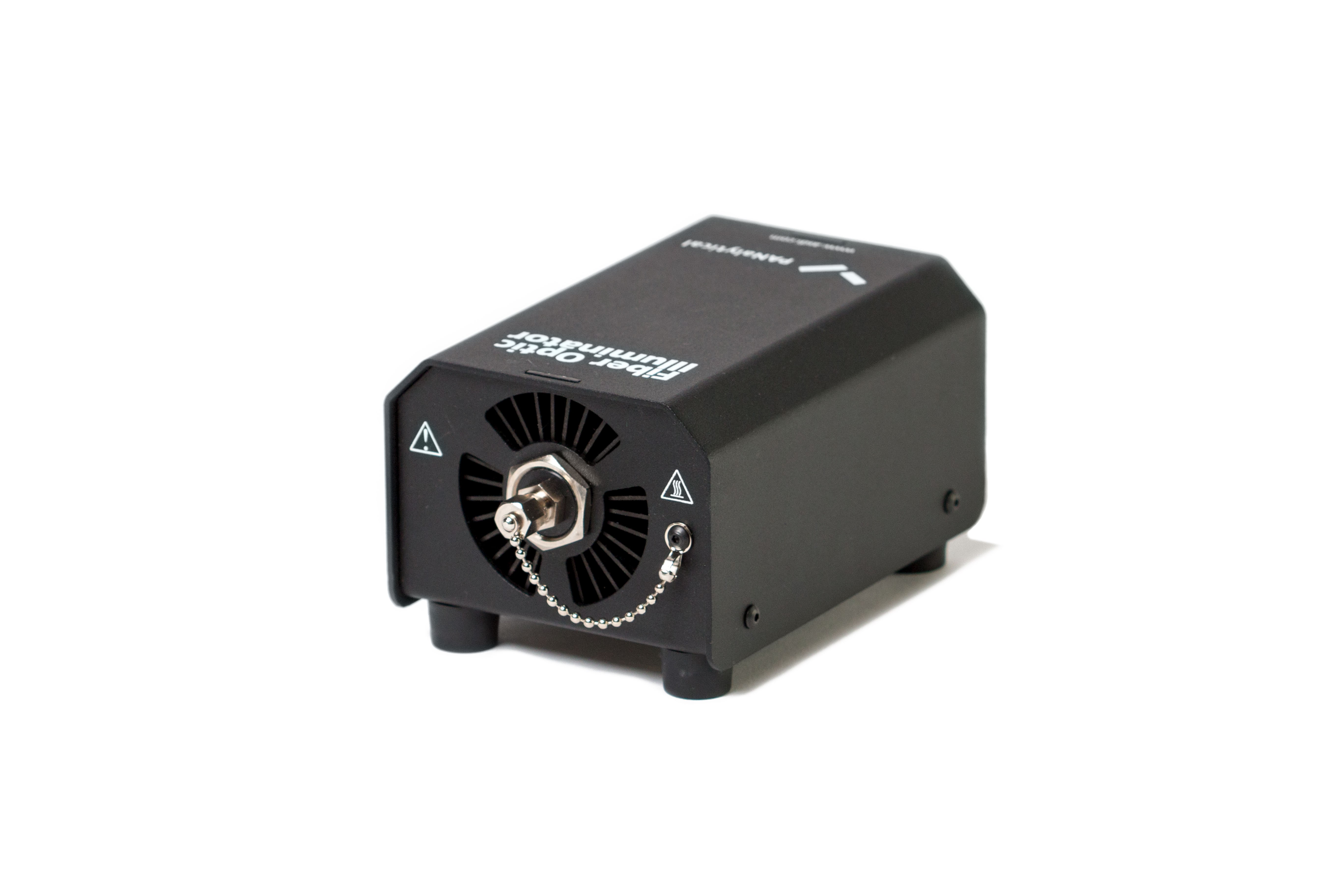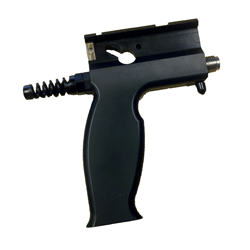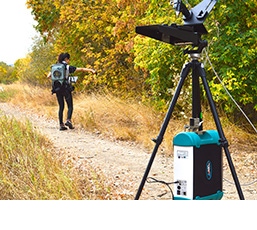Overview
The 3 nm VNIR, 8 nm SWIR spectral resolution of the ASD FieldSpec 4 Hi-Res spectroradiometer provides superior spectral performance across the full range solar irradiance spectrum (350 – 2500 nm). The enhanced spectral resolution in the SWIR range (1000 – 2500 nm) is particularly useful for detecting and identifying compounds with narrow spectral features in the longer wavelengths such as alteration mineralogy and gases for atmospheric analysis.
Additionally the 8 nm resolution meets or exceeds the spectral resolution of most hyperspectral sensors making the ASD FieldSpec 4 Hi-Res spectroradiometer an excellent choice for sensor validation and calibration, as well as ground truthing and building spectral libraries.
Like all ASD FieldSpec spectroradiometers, the ASD FieldSpec 4 Hi-Res can be used as a high resolution spectrometer for very accurate contact reflectance measurements.
Key applications
The ASD FieldSpec 4 Hi-Res NG spectrometer can be used in many industry applications, including:
Plant Physiology
ASD systems are used to determine plant physiological status, including disease status, nutritional status related to nitrogen uptake and moisture balance.
Camouflage Characterization and Detection
The detection of camouflaged or hidden objects requires a measurement that provides a contrast between the object and background materials.
Sensor Calibration
An accurate radiance calibration of an imaging sensor is critical to many remote sensing applications.
Supervised Classification
Supervised classification can be performed using either image-derived or field-measured spectral signatures.
Spectroradiometry and Radiometric Calibration
Spectroradiometry, the measurement of absolute optical radiation at each wavelength, is applicable to a variety of settings, including measuring the spectral energy output of a lamp, LED display, or other light source to determination of the flux of sunlight reaching a forest floor or other scene.
Spectral Remote Sensing
Collection of visible, near infrared, and short-wave infrared images for the detection, identification, and quantification of surface materials, biological, and chemical processes for research and analysis in numerous environmental and military applications.
Ground Truthing
Laboratory-quality in situ field measurements with equivalent illumination and viewing geometry for accurate correlation to satellite and aircraft sensor data.
Remote Sensing and Geology
ASD’s spectroradiometers have been used for decades for remote geologic interpretation.
Field Spectroscopy
Field spectroscopy
— the study of the interrelationships between the spectral characteristics of objects and their biophysical attributes in the field environment.
Landscape Ecology and Ecology Research
The ability to accurately perform reflectance and radiometric measurements of vegetation and soil in the field is critical to understanding light utilization and partitioning within a plant community.
Atmospheric Remote Sensing Research
Observations of direct, diffuse, and total spectral solar irradiance, as well as sky and cloud radiance, are essential for atmospheric research in many climate and ecosystem energy balance studies.
Airborne Remote Sensing Measurements
The collection of spectra over areas that are too large or inaccessible for ground-based measurement.
Biomass Analysis
From characterization of oil content of soybeans and other crops, to quantification of key parameter levels in biofuel processing and quality analysis of final product, near-infrared (NIR) spectroscopy is the ideal measurement tool.
